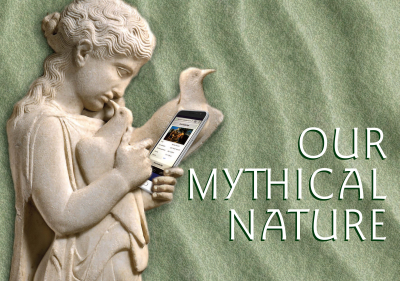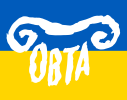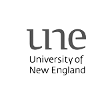Our Mythical Nature
While reflecting on the Our Mythical Nature stage of the project, our focus was on environmental issues; on Nature as an escapist shelter and an untamed space, where Et in Arcadia ego reverberates strongly; on the motif of the ‘otherness’ and on disabilities; on the meaning of landscapes; on the human being as a biologic entity; and on facing illnesses and natural disasters. We also intended to reconsider the paradoxical acculturation of children via Nature as a theme of works prepared by authors the world over for a young public. Then, right after we started our research for this stage, the climate crisis revealed itself in full force, thus making us look at our Arcadias from a new perspective.
We were to meet in Warsaw in May 2020 for a conference summarizing this stage of the project, one to be held under the banner Our Mythical Nature: The Classics and Environmental Issues in Children’s and Young Adults’ Culture. And then, right in the thick of all the logistics surrounding the event, in February that year the coronavirus pandemic broke out and yet another painful perspective manifested itself.
The whole world is still facing this terrible challenge, so, like everybody else, we are trying to proceed as best as possible in the current circumstances, and in gratitude for the amazing efforts from many work groups, starting with healthcare professionals who give us the chance to carry on. Having adjusted to the new safety rules, the schools’ endeavour Naturae cognoscere causas has been completed thanks to the exemplary engagement of the teachers and students participating in this venture. The same attitude has brought to fruition the Ecology edition of the video competition for elementary and high-school students. And in the last week of September 2021 we are meeting online for the Our Mythical Nature conference, with “live” discussions open to everybody, and the lectures placed on our YouTube channel. This is not comparable to traditional meetings, of course, but when we look on the bright side of such a format, we see it provides equal opportunities for all those interested in the topic to participate from any part of the globe.
The experiences of the last years have also made us listen to Nature more attentively, as evidenced in the research results of the Our Mythical Community. Her voice is powerful and resonates over all the epochs, from Antiquity until our times. It is crucial to lend Nature our ears and live up to Her message that has long shaped the world and its masterpieces – those of human culture, too. As one of the Poets remarked – one indeed worthy of the capital P, like Homer, even if he originated not from Greece, but from distant Stratford – then we will find “tongues in trees, books in the running brooks, / sermons in stones, and good in everything”. This I wish for all of us.
Katarzyna Marciniak

Zbigniew Karaszewski, A Girl with Doves Googling Arcadia (2020)








